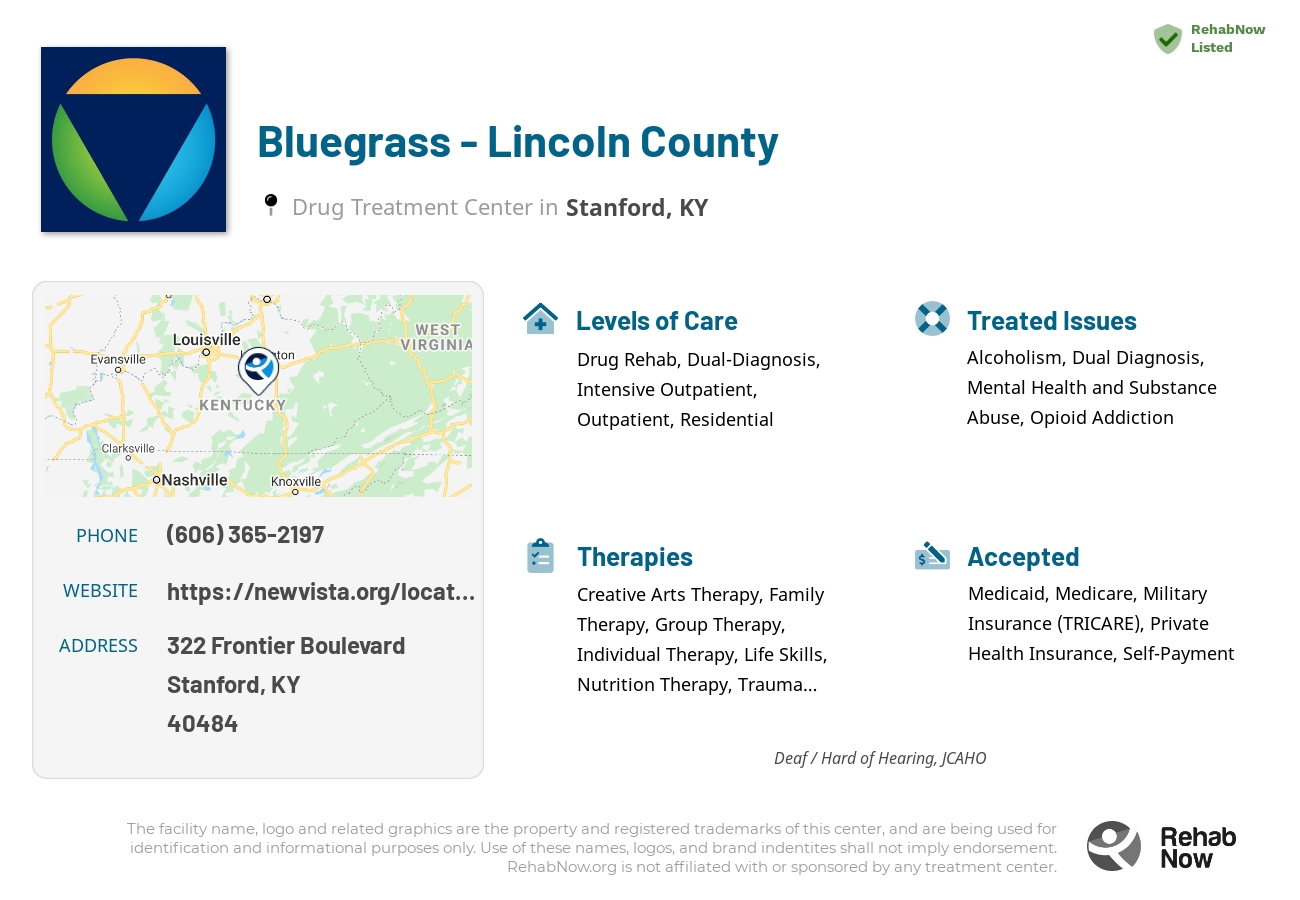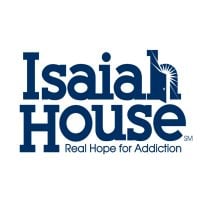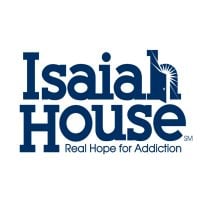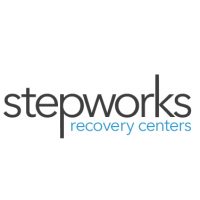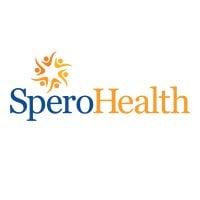
Bluegrass - Lincoln County
Drug Rehab Center in Stanford, Kentucky
- Opioid Addiction
- Dual Diagnosis
- Drug Addiction
- Alcoholism
Bluegrass - Lincoln County is an accredited JCAHO addiction treatment facility in Stanford, KY that provides evidence-based residential, intensive outpatient, and outpatient services for individuals seeking treatment for alcoholism, dual diagnosis, opioid addiction, and drug addiction, and is affiliated with the leading behavioral healthcare provider NEW VISTA.
About Bluegrass - Lincoln County in Kentucky
New Vista - Lincoln County in Stanford, Kentucky, stands out as a comprehensive resource for individuals, children, and families seeking to overcome struggles with mental health, intellectual and developmental disabilities, and substance abuse. It's dedicated to fostering well-being and recovery, offering a wide range of tailored services.
Accredited by the Joint Commission on Accreditation of Healthcare Organizations (JCAHO), New Vista - Lincoln County upholds the highest standards of care. With programs including drug rehab, dual-diagnosis treatment, and various levels of outpatient and residential care, this facility makes quality treatment accessible.
- Comprehensive Care: Offers a holistic approach to address both substance abuse and co-occurring mental health disorders.
- Flexible Treatment Options: Provides intensive outpatient and residential programs to fit the unique needs of each individual.
- Accessibility: Accepts private health insurance, extending its reach to help more individuals in need.
Specializing in the treatment of alcoholism, opioid addiction, and drug addiction, New Vista - Lincoln County employs a range of methods, including dual-diagnosis treatments and outpatient or residential care, tailored to each person’s journey toward recovery.
Genders
Ages
Modality
Additional
Accreditations

JCAHO
Conditions and Issues Treated
Many people who struggle with opioid addiction need to attend specific programs like methadone , Suboxone or Vivitrol clinics.
These types of programs will provide the patient with legal, prescription medications that can help them overcome their cravings for illegal opioids like heroin or fentanyl . If the patient has a chronic condition like Hepatitis C, they must undergo treatment before they can begin taking these medications.
Dual Diagnosis is a specific relationship between two or more disorders that have the same symptoms and can sometimes be treated together. This is used in the treatment planning process when dealing with drug addicts. Dual diagnosis can be viewed as a chronic medical condition that has comorbid psychiatric disorders.
Although addiction and a mental illness may have separate symptoms that are not easy to detect, they often go hand in hand. Many times, drug abuse is a direct result of the mental illness. In other words, treating the addiction will not resolve all of your issues. Unless you also treat the underlying mental illness, you will not be successful in achieving sobriety.
Levels of Care Offered
This center offers a variety of custom treatment tailored to individual recovery. Currently available are Drug Rehab, Dual-Diagnosis, Intensive Outpatient, Outpatient, Residential, with additional therapies available as listed below.
An intensive outpatient program is usually the first phase of addiction treatment. It provides relief for those who are addicted, but are not ready to commit to an inpatient setting. Typically, the patient lives at home and is able to work or go to school. IOPs consist of a daily 3 to 5-hour program, and there is a required number of hours per week. Most patients go to IOP between 20 and 40 hours per week. The patient attends group counseling and individual therapy throughout the duration of treatment. They also meet daily with their therapist to discuss how it’s going and where they are in the recovery process.
The goal here is to teach patients healthy coping skills, such as stress management and identifying thoughts and behaviors that lead to relapse. The implementation of these skills will be useful as the individual transitions into the next phases of treatment.
An outpatient treatment program is set up to help with alcohol or drug addiction, or a co-occurring disorder. The patient must attend the Kentucky facility for their therapy and other programs but are able to return home each night. The frequency of mandatory attendance decreases after much of Bluegrass - Lincoln County‘s program is complete.
Residential treatment programs are those that offer housing and meals in addition to substance abuse treatment. Rehab facilities that offer residential treatment allow patients to focus solely on recovery, in an environment totally separate from their lives. Some rehab centers specialize in short-term residential treatment (a few days to a week or two), while others solely provide treatment on a long-term basis (several weeks to months). Some offer both, and tailor treatment to the patient’s individual requirements.
Therapies & Programs
Individual Therapy is a critical component of addiction recovery. Therapists work with patients to identify the root of their addiction and figure out how to better handle the issues that led to them using drugs. Individual Therapy is the one-on-one session where people meet with their therapist. Individual therapy provides a safe space for people to open up and discuss personal and sensitive topics which they may not feel comfortable discussing in a group setting.
Family therapy will also help families realize that the addiction is not their fault. For many years, people blamed themselves for an addict’s behavior and felt that they had done something wrong. This is not the case. Addiction is a disease, and it can strike anyone, even if their life seems fine from the outside. It can bring a lot of shame to a family when they have an addict in their midst, but if everyone is open and honest with each other, then they can help everyone stay in recovery.
Group Therapy is utilized by drug treatment centers like Bluegrass - Lincoln County to provide the recovering drug addict with a platform to talk about their feelings and experiences. It also provides for an opportunity to learn from other addicts who have successfully overcome their addiction.
Group Therapy is employed in lectures, seminars, or discussion groups (the latter two are typically conducted as “therapy groups”). It is recommended that all group members be recovering addicts for this type of therapy to work (though it does not exclude others with lived experience).
Trauma therapy is a clinical process that helps individuals deal with mental stress often caused by traumatic events. It is generally done for children, teenage victims of sexual assault, and war veterans. The therapist helps the person identify, understand and work through the problem. This is done with the help of talking about it in group or one-on-one counseling sessions. Therapists use relaxation, role-playing, art, and music to help the person open up about what is bothering them.
Training in improved life skills helps those recovering from addiction feel more capable of self-care. Bluegrass - Lincoln County are daily skills that give the person the tools they need to survive.
The therapy covers practical activities like cooking, job hunting, social interaction, and money management, helping to fill in the knowledge gaps caused by addiction.
These life skills help the person self-manage their recovery and stay on track. It also reduces relapse risk as they gain confidence in their day-to-day abilities.
Nutrition therapy has been used to help drug addicts for decades. Many early reports on addiction treatment indicate that some patients recovered from the “satisfying power of food”. For years, this phenomenon has been utilized as a treatment modality in eating disorders for adults, adolescents, and children. Specific nutrients have been identified that influence neurotransmitters associated with reward pathways of the brain.
Studies have shown that carbohydrate loading with complex carbohydrates to elevate serotonin levels was effective in treating bulimia nervosa. This approach prompted researchers to explore the use of this type of nutritional intervention in other disorders.
Nicotine replacement therapy treats nicotine addiction using external sources of nicotine, such as patches or gum to substitute for nicotine. This allows people trying to quit smoking to get their desired dose of nicotine without actually having to smoke cigarettes. The idea behind NRT is that by providing smokers with nicotine in forms that are not cigarettes, they may be more likely to quit smoking.
NRT has been available for many years now, and there is a wealth of evidence that shows that it helps people trying to quit smoking. There are several different types of NRT devices on the market now. Patients interested in quitting smoking should talk to their doctors about the best kind of NRT for them.
Payment Options Accepted
For specific insurance or payment methods please contact us.
Is your insurance accepted?
Ask an expert, call (888) 674-0062
NEW VISTA Associated Centers
Discover treatment facilities under the same provider.
- New Vista - Schwartz Center Residential Treatment in Lexington, KY
- New Vista - Scott County Anchor Center in Georgetown, KY
- Bluegrass - Franklin County in Frankfort, KY
- Bluegrass - Roach street in Georgetown, KY
- Bluegrass - Estill County - Richmond Road in Irvine, KY
Learn More About NEW VISTA Centers
Additional Details
Specifics, location, and helpful extra information.
Stanford, Kentucky 40484 Phone Number(606) 365-2197 Meta DetailsUpdated April 15, 2024
Staff Verified
Bluegrass - Lincoln County Patient Reviews
There are no reviews yet. Be the first one to write one.
Stanford, Kentucky Addiction Information
Kentucky ranks among the top ten states for opioid-related overdoses. Most of these are due to heroin, fentanyl, and prescription opioid use. A little over 11% of the Kentucky population abuses alcohol in a given year. More than 15% of Kentucky adults admit to participating in binge drinking every month.
Treatment in Nearby Cities
- Maysville, KY (91.1 mi.)
- Morgantown, KY (112.5 mi.)
- Mount Washington, KY (58.8 mi.)
- Mc Kee, KY (38.2 mi.)
- Henderson, KY (160.6 mi.)
Centers near Bluegrass - Lincoln County
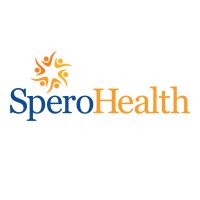

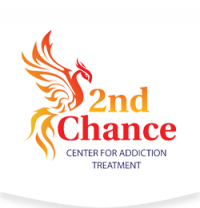
The facility name, logo and brand are the property and registered trademarks of Bluegrass - Lincoln County, and are being used for identification and informational purposes only. Use of these names, logos and brands shall not imply endorsement. RehabNow.org is not affiliated with or sponsored by Bluegrass - Lincoln County.


